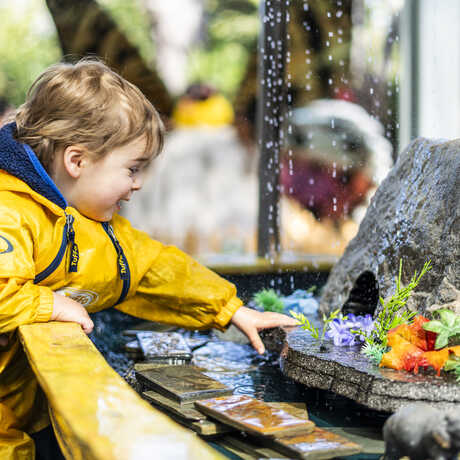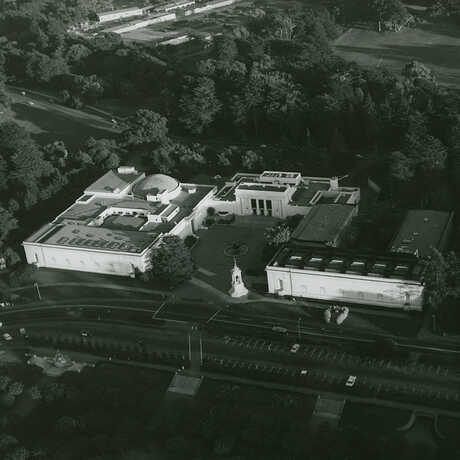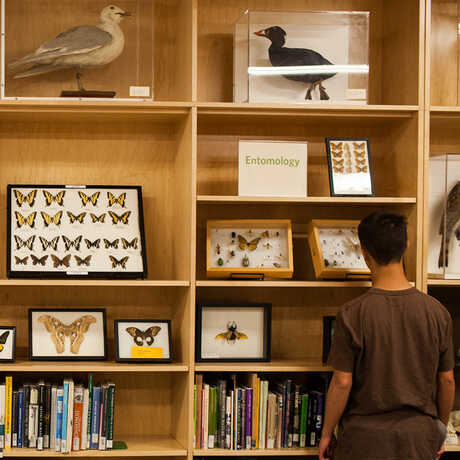From an 87-foot-long blue whale skeleton suspended from the ceiling to a towering T. rex in the Main Lobby to the hypnotic rotations of our 30-foot Foucault pendulum, the Kimball Natural History Museum is packed with Academy favorites.
Kimball Natural History Museum
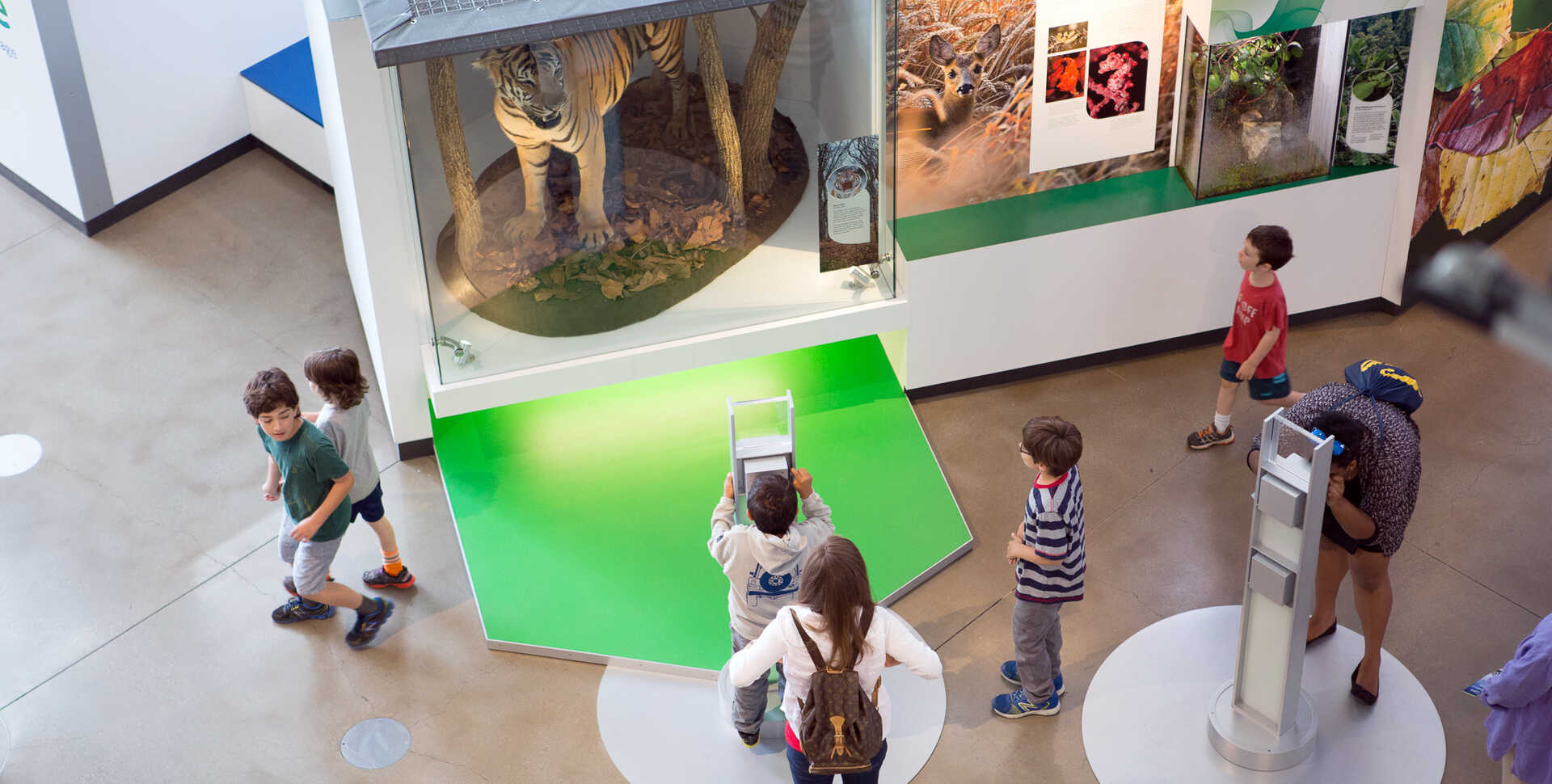
The Kimball Natural History Museum draws on over 160 years of Academy research to highlight the uniqueness of our planet in surprising ways. Learn about the fascinating role of color in the natural world, compare fossils of our early human relatives, and marvel at one-of-a-kind specimens from the Academy's record-breaking scientific collections—all while strolling beneath the bones of some of the planet's largest inhabitants.
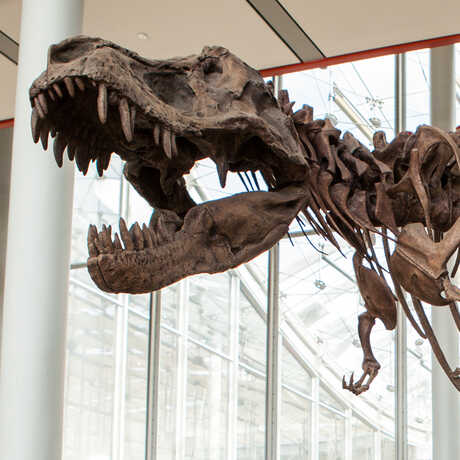
Humongous highlights
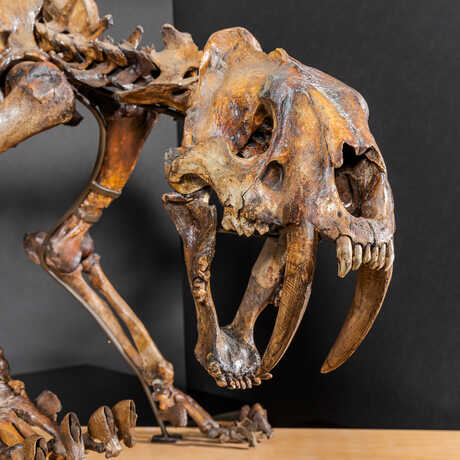
Hidden Wonders
The Academy’s newest exhibition offers an unprecedented peek at nearly 800 standout specimens from our scientific collections—including some on view for the very first time.
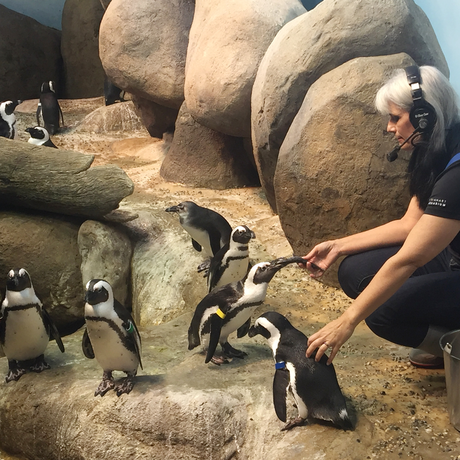
Tusher African Hall
Marvel at majestic dioramas of African landscapes, trace the milestones of our own species' fascinating history, and meet our colony of African penguins.
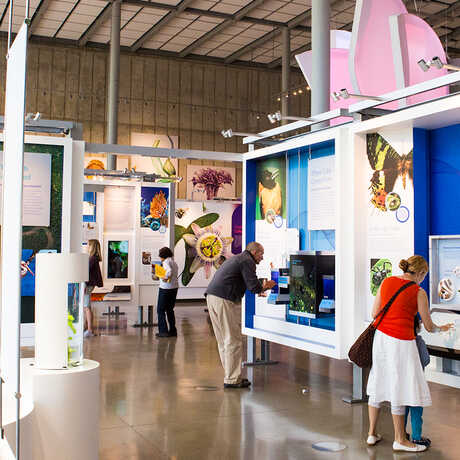
Color of Life
This interactive family favorite illustrates color’s powerful influence on animal behavior in a variety of habitats—from ocean floors to coral reefs to forest canopies.
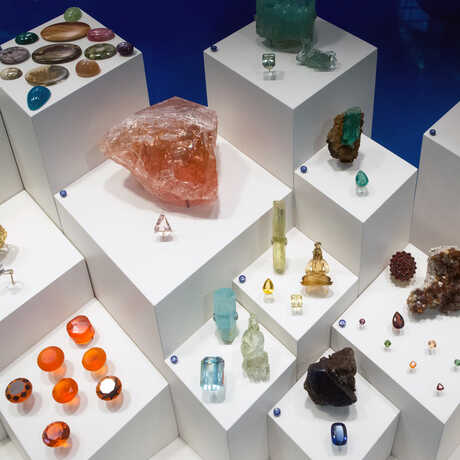
Gems and Minerals Unearthed
Be dazzled by nearly 400 dazzling and dramatic specimens from the Academy's renowned geology collection.
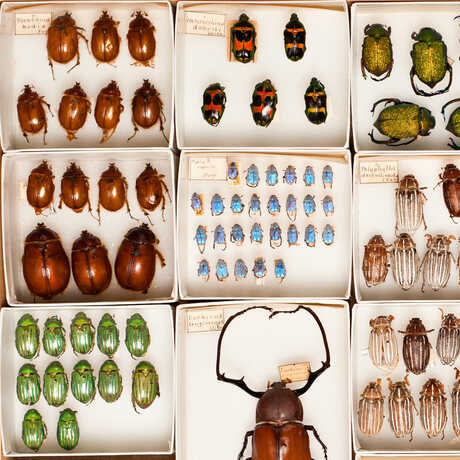
A library of life
Only a fraction of the Kimball Natural History Museum's nearly 46 million specimens are on exhibit; the rest are part of the museum's vast scientific collections used by researchers around the world to study biodiversity, climate change, and much more.

